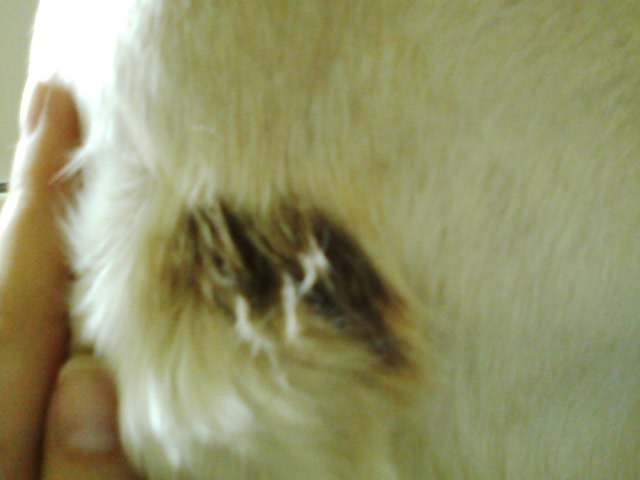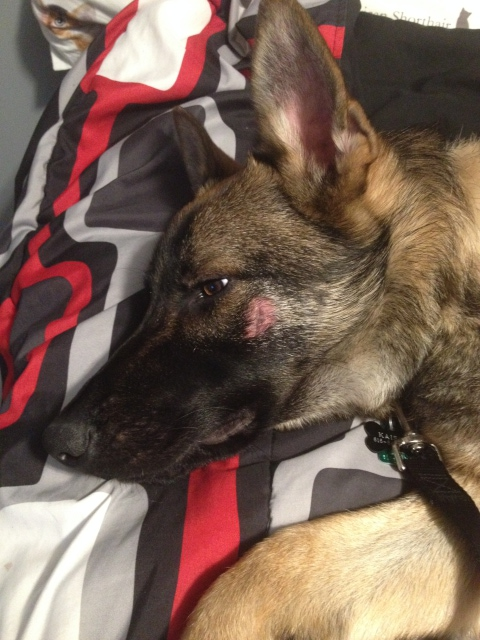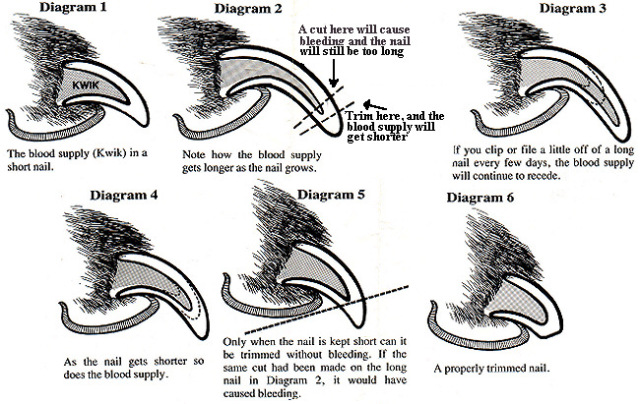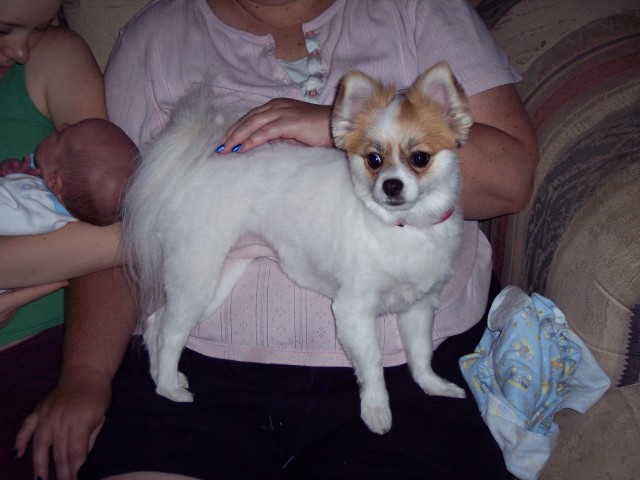QuestionQUESTION: Hello, My 11 year old cat had oral surgery two weeks ago to remove some gum disease and teeth. I had initially taken him to the vet for inappropriate defecating on the floor and that's when I was told he had dental problems. Four days following the procedure he became very ill. The vet said he was in renal failure and took him back into the hospital for three days for IV therapy. I took him home two days ago and they did give me the K/D diet food ( he will eat it!) and the fluid therapy for a couple times a week. His test results when I took him home were, Bun 17, Crea 2.0, PHOS 4.4, NA 159, K 3.9, CL 121. I tried doing the Sub Q today and he wouldn't stand it. Even the Vet said he was very difficult to handle and had to sedate him. He is fine with me except for the sub q. With his results following the hospital stay, do I really need to give him the Sub Q's twice a week? I don't want to harm him but also don't want to distress him as well. Any advice is greatly appreciated!
ANSWER: Melanie - what is done is done! I wish you had not done the surgery on this cat. Sounds like he may have been in renal and kidney failure and the surgery just made it worse. It is very hard for an old cat to utilize the anesthesia and filter thru the liver.
I am not sure the SC will help him much...It will keep him hydrated but he is in Major Stress because of this. YOU can give him some Benadryl before injections. ( 1 hour before give a dosage of Benadryl)... This may help to calm him down before you work on him.
I am sorry, I would have advised you not to do this dental work. The best way would have been good food, vitamins and antibiotic from your vet.
I am not blaming you .... YOU did what you were told to do for your cat kid... YOU did the best you can. It just want not good advice for this situation.
Call Joan and get your baby on some NuVET Feline - It will help to build up the immune system...
NuVET - Helps to heal:
Heals and Protects your Pet - for life!
Allergies
Skin & coat Problems
Scratching, Itching, Biting
Hot Spots
Arthritis, Joint Problems
Premature Aging, Low Energy
Diabetes, Liver Problems
Cataracts, Tumors
Digestive Problems
Heart Disease
Joan is at 1-800-474-7044 EXT 265
( Tell her you are calling because of your cat's illness... Use order code 81098 / they can't sell to the public without this code.... ( breeder -vet code)
NuVET will cost you about .50 cents per day...
Let me know how you cat kid is doing after a few weeks on the NuVET Feline... BEST wishes..
Marie Peppers
mtnmom@gci.net
---------- FOLLOW-UP ----------
QUESTION: Marie,
Thank you so much! I really debated on the teeth but they said the gum disease was so advanced. I will call and get the NuVet for him. Based upon his tests, how would you rate them? The chart I received said they were in the normal ranges. On the sub q's would you recommend twice a week? His skin is really tight and it was hard for me to get extra skin in a tent.
Thanks again!
Melanie
AnswerHello Again, Call Joan and order the NuVET now - it should help him build up his strength. As for the s.c. fluids, it adds major stress to him but it would be good if he could have this done for a few weeks. Ask your vet about giving some Benadryl before treatments..Ask if there is anything to help him calm down for the infusion of the fluids... YOU don't want to upset him because that is not good at all for his condition.
Good Food ( the special renal food) and Good Supplements like the NuVET should help him to live another 2-3 years... ( hard to say) - ONLY time will tell....
Good luck and keep me posted!
Subcutaneous Fluids
Since cats and dogs with renal failure are polyuric and may not drink enough to remain hydrated, some patients may benefit from intermittent SC fluids. The decision to recommend subcutaneous fluids should be made on a case-by-case basis as not all animals will tolerate sc fluids nor are all owners willing or able to administer fluids. The most common fluids used are normal saline or lactated Ringer's solution or a maintenance solution containing 0.45% saline and 2.5% glucose supplemented with 20 mEq/L of potassium chloride. A cat or small dog is given approximately 75 to 150 mls daily or as needed. Risks include overhydration, hypernatremia, irritation/or infection.
THE ABOVE WAS TAKEN FROM THIS SITE:
http://courses.vetmed.wsu.edu/vm552/urogenital/crf.aspx
How to give SC injections to your cat: please see this link-
http://www.vetmed.wsu.edu/ClientED/cat_fluids.aspx
Talk to you soon..
Marie Peppers
FOLLOW UP - MELANIE -
I AM GLAD YOU ORDERED THE NUVET FELINE FOR YOUR ZIPPER BOY... I SURE HOPE IT HELPS HIM TO BUILD STRENGHT AND HEAL...
Talk to you soon
Marie Peppers

 Sore on my dogs face??
QuestionThe Sore
My Dog- Grace
QUESTION:
Sore on my dogs face??
QuestionThe Sore
My Dog- Grace
QUESTION:
 Dog Mange
Question
Mange Mange 2
Hello!
I have a qu
Dog Mange
Question
Mange Mange 2
Hello!
I have a qu
 Dog Toenails
QuestionIs it possible for a dogs toenails to get so lo
Dog Toenails
QuestionIs it possible for a dogs toenails to get so lo
 bulldog puppy with mange ; itchy bulldog ;
QuestionHi I hope you can help my bulldog with mange. &
bulldog puppy with mange ; itchy bulldog ;
QuestionHi I hope you can help my bulldog with mange. &
 Runny stool, vomiting,
Questionour Pom "Snoball"
QUESTION: Ou
Runny stool, vomiting,
Questionour Pom "Snoball"
QUESTION: Ou